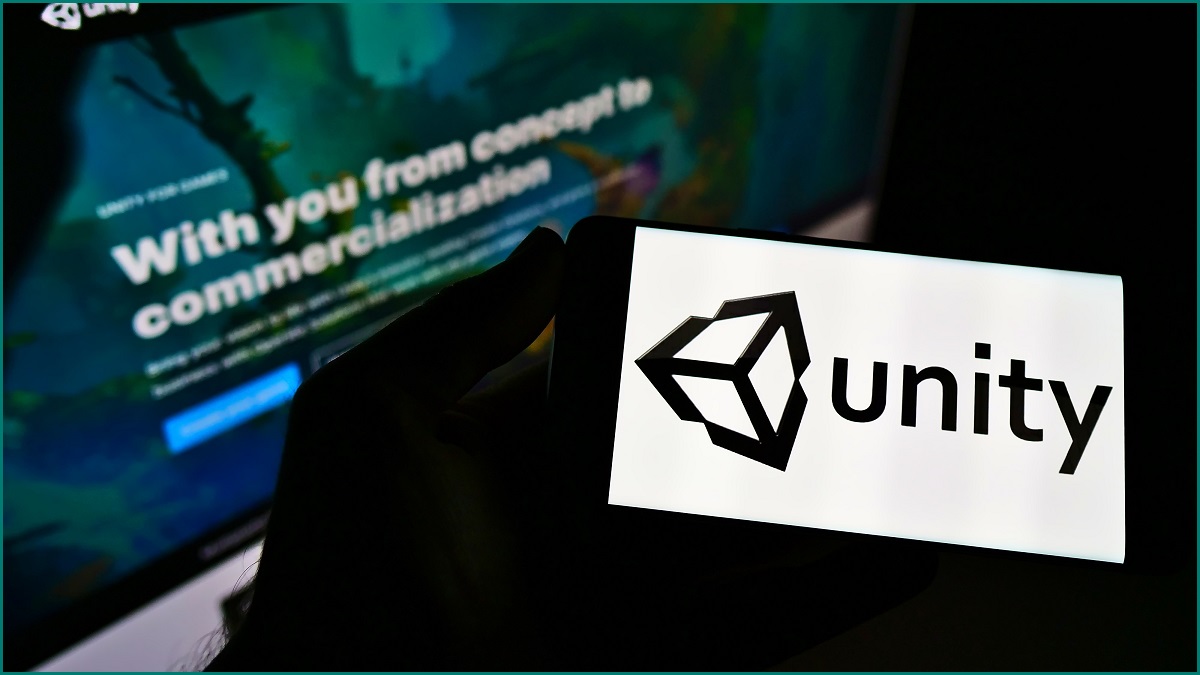The CEO of game engine company Unity is stepping down after a proposed pricing change led to mass protest and condemnation from game developers.
John Riccitiello was President, CEO, and chair of Unity until the announcement landed on Tuesday morning that he was leaving those positions “effective immediately”.
Unity’s press release made no mention of how Riccitiello led the company deep into conflict with its core userbase after it planned to charge developers a fee every time someone downloaded their game.
The original pricing structure would have seen Unity extract fees of up to US20c per install after a certain revenue or install thresholds were met.
Unity’s announcement invoked immediate reprisal as developers warned it would effectively punish small independent studios that found success.
The company failed to adequately explain how it would protect against fraudulent installs eating away game developers’ revenue and was panned for quietly removing a GitHub repo that tracked license changes before adding a clause to its terms of service that made the price change retroactive.
Many developers said they would boycott Unity and move to a different platform – often mentioning the free, open source engine Godot.
Unity apologised and scaled back its proposed pricing model somewhat, but the damage was already done and trust with the community lost.
Mega Crit, creator of popular roguelike card game Slay the Spire, said it had already begun making its new game on Unity but was committed to migrating its project to Godot in protest.
Riccitiello was CEO of Unity for nine years prior to Tuesday’s announcement. He took the company public in 2020 and oversaw a US$4.4 billion merger with ironSource.
Riccitiello said it had “been a privilege” to head the company for the best part of a decade and that he “[looks] forward to supporting Unity through this transition and following the company’s future success”.
Unity’s board will now search for a new CEO and has appointed former IBM president James Whitehurst in the interim.










